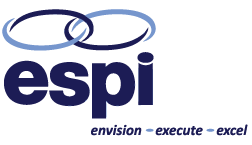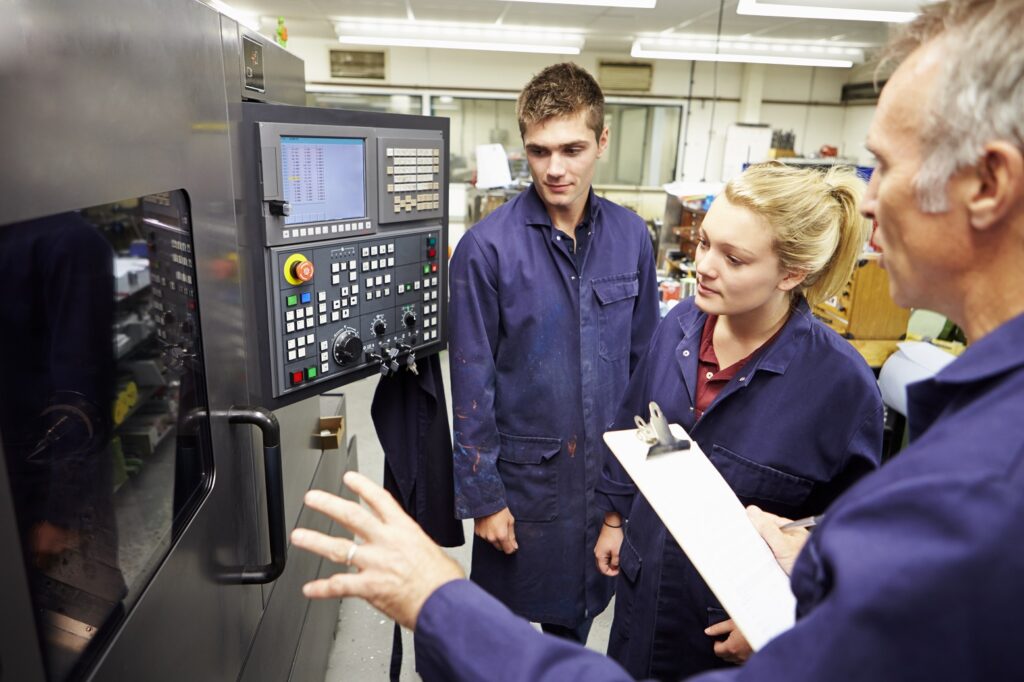Standard Work is the cornerstone of lean production systems and six-sigma philosophy. It establishes optimum, repeatable, safe, and reliable methods and sequences at each value-added process. Standard Work creates consistency across the organization, builds quality into the process, gets rid of the frustration, and drives continuous improvements. With 3.5 million jobs needed to be filled by 2025, manufacturers have a big challenge ahead of them. The average U.S. manufacturer is losing an estimated 11% of its annual earnings (EBITDA), or $3,000 per existing employee, due to the talent shortage. Today, with the Silver Tsunami hitting manufacturing organizations, the creation of Standard Work is more important than ever before. As the experienced workforce gets ready to retire, organizations grow in size and scale, lack of Standardized Work, and documented procedures can bring existential crisis within an organization. espi helps clients stay ahead by building the foundation of Standard Work. espi uses an innovative eLearning framework for deploying, training, and maintenance of Standard Work.
espi brings deep experience in manufacturing processes and leverages manufacturing process knowledge as well as lean thinking to capture the very essence of the production steps. If no standard exists, then espi conducts operational studies and builds a standard by identifying man-machine interactions, tact times, Critical to Quality (CTQ) parameters.
With a standard in place, espi proceeds to put together the standard work instructions that are easy to understand and follow. Visual displays accompany this procedure on the floor, helping operators to understand the task and get clarity of what is acceptable and what is not.
Our Process – DISCOVER – ANALYZE – PLAN – IMPLEMENT – OPERATIONALIZE.
espi addresses various aspects such as machine setup, running the machine, quality checks, and performing preventive maintenance.
During the DISCOVER phase, espi gains a thorough understanding of the process and value-stream. We gather all information pertinent to the process, including existing work instructions, standard operating procedures, etc.
During the ANALYZE phase, we work with the subject matter experts to examine the data, establish standards, and identify critical tasks involved in that operation.
During the PLAN phase, We use a storyboarding technique to put together a narrative that explains the tasks in an easy to understand the workflow. We identify the platform for capturing and maintaining standard work documentation in addition to what pictures and videos improve the effectiveness of the standard work documentation.
During the IMPLEMENT phase, our goal is to ensure that the documentation is clear, concise, and easily retrievable. espi can prepare documentation in multiple formats including standard operating procedures, visual boards for use on the workstations, as well as a multi-media enabled package for self-learning.
During the OPERATIONALIZE phase, espi ensures adult learning best-practices on the manufacturing floor are available and continuously reviewed. We found that adults learn the best from their peers, and they learn and retain knowledge using multi-media more effectively than written instructions.
espi is always focused on ensuring that the standard work documentation is presented in a manner that improves retention, is easy to maintain, and facilitates continuous improvement. Deployment can be on:
Learning Management System (LMS) – If an organization has a mature Learning Management System, espi leverages that platform to build the documentation. If not, espi can also assist in the selection and deployment of commercial software platforms.
If necessary, espi can implement a learning framework that is easy to deploy and maintain. espi has deployed this learning framework in a variety of manufacturing environments, including high-speed manufacturing, food manufacturing, industrial products, continuous and batch manufacturing, and medical device manufacturing. This method has proved to be an effective guide-on-the-side to help build standardized work practices for the incumbent workforce across the enterprise, across the shifts, as well as to familiarize and train new hires effectively. This technique has been instrumental in retaining employees as well as improving productivity.



